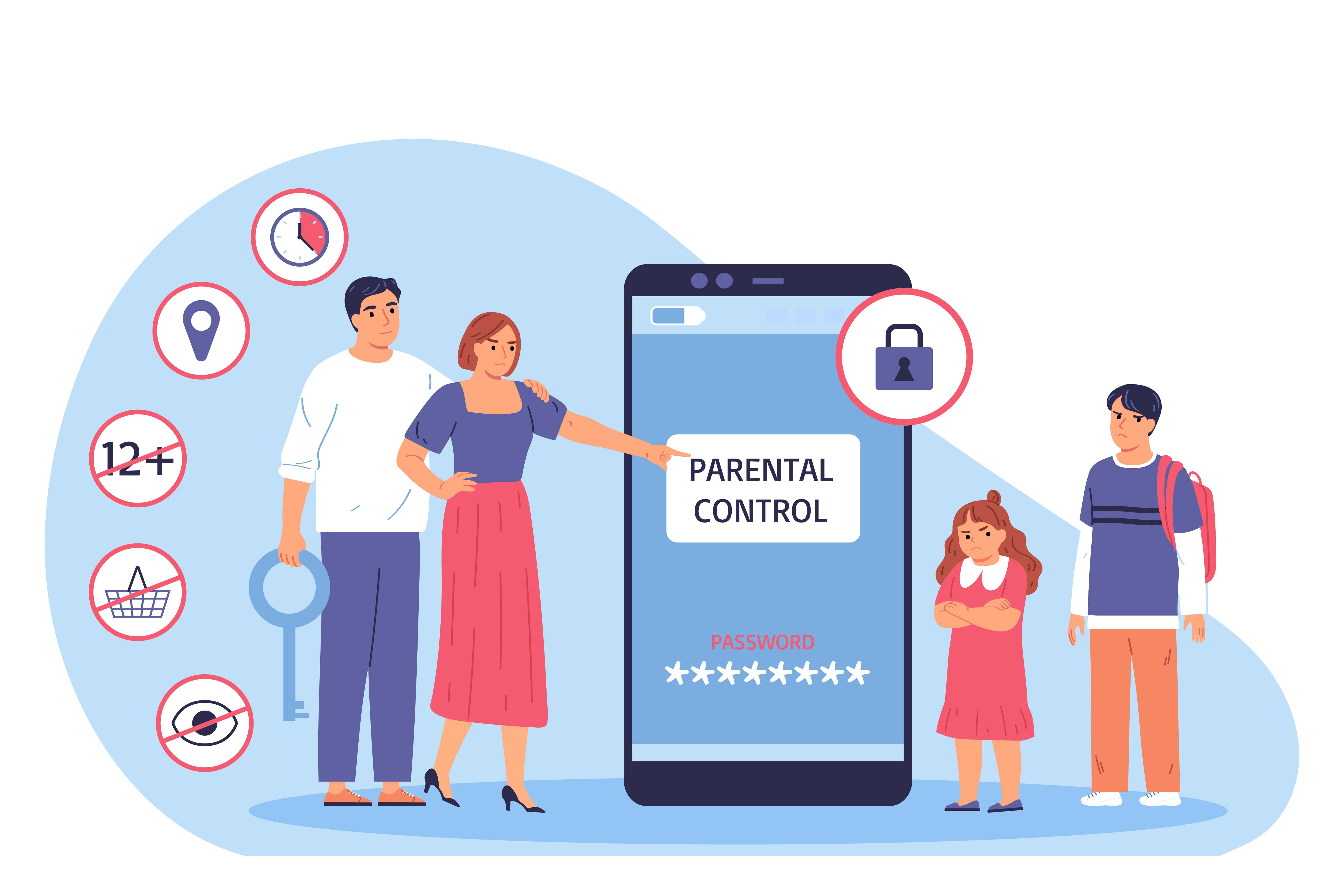Mastering Teacher Evaluation Proven Tips for Success
Introduction
Teacher evaluation is a pivotal aspect of professional growth and development in the education sector. It provides educators with valuable feedback to enhance their teaching practices and improve student outcomes. Mastering teacher evaluation requires a combination of preparation, self-reflection, and effective strategies. In this article, we delve into proven tips for success in navigating the teacher evaluation process.
Understanding the Evaluation Criteria
Before diving into the evaluation process, it’s essential to have a thorough understanding of the criteria upon which you’ll be assessed. Familiarize yourself with the evaluation rubric or standards set by your institution or district. Pay close attention to the specific indicators and expectations outlined within each domain. This understanding will guide your preparation and focus your efforts on areas of priority.
Preparing Evidence and Documentation
Gathering evidence and documentation is key to showcasing your teaching effectiveness during evaluation. Keep a portfolio of lesson plans, student work samples, assessment data, and professional development activities. Ensure that your evidence aligns with the evaluation criteria and highlights your strengths as an educator. Organize your documentation in a clear and concise manner for easy reference during the evaluation process.
Self-Reflection and Goal Setting
Engage in regular self-reflection to assess your teaching practices and identify areas for improvement. Reflect on your strengths, weaknesses, and areas of growth. Set meaningful and achievable goals that align with the evaluation criteria and support your professional development. Use these goals as a roadmap for self-improvement and as evidence of your commitment to ongoing growth and learning.
Building Positive Relationships
Establishing positive relationships with evaluators and colleagues is essential for success in teacher evaluation. Collaborate with peers to exchange ideas, resources, and best practices. Seek feedback from mentors or experienced educators to gain valuable insights into your teaching practice. Cultivate a supportive and collaborative environment where feedback is valued and constructive.
Demonstrating Effective Instructional Strategies
During the evaluation process, focus on implementing effective instructional strategies that engage and support student learning. Incorporate a variety of teaching methods and techniques to address diverse learning styles and abilities. Differentiate instruction to meet the needs of all students and promote inclusivity in the classroom. Utilize technology and multimedia resources to enhance the learning experience and foster creativity and innovation.
Creating a Positive Learning Environment
A positive learning environment is conducive to student success and engagement. Foster a classroom culture that promotes respect, collaboration, and mutual support. Establish clear expectations for behavior and academic achievement, and consistently reinforce them. Create opportunities for student voice and choice in the learning process, empowering learners to take ownership of their education.
Utilizing Assessment Data
Utilize assessment data to inform your instructional decisions and track student progress over time. Implement formative assessments to gauge student understanding and provide timely feedback for improvement. Use summative assessments to measure student achievement against learning objectives and standards. Analyze assessment data to identify areas of strength and areas for growth, adjusting your teaching accordingly.
Engaging in Professional Development
Continuous professional development is essential for growth and success as an educator. Take advantage of workshops, conferences, and seminars to expand your knowledge and skills. Participate in peer observations, coaching, and mentoring programs to receive feedback and support from experienced educators. Stay informed about current trends and best practices in education through professional literature and research.
Reflecting on Feedback and Growth
Following the evaluation process, take time to reflect on the feedback provided by evaluators and colleagues. Acknowledge your strengths and areas for improvement, and develop a plan for growth based on this feedback. Seek opportunities for ongoing reflection and self-assessment to monitor your progress and refine your teaching practice. Embrace a growth mindset and remain open to feedback and opportunities for improvement. Read more about teacher evaluation tips




